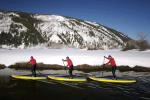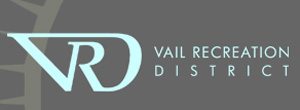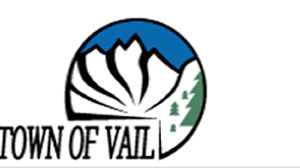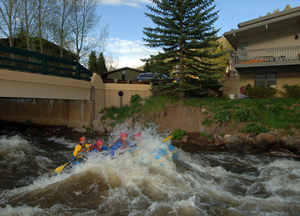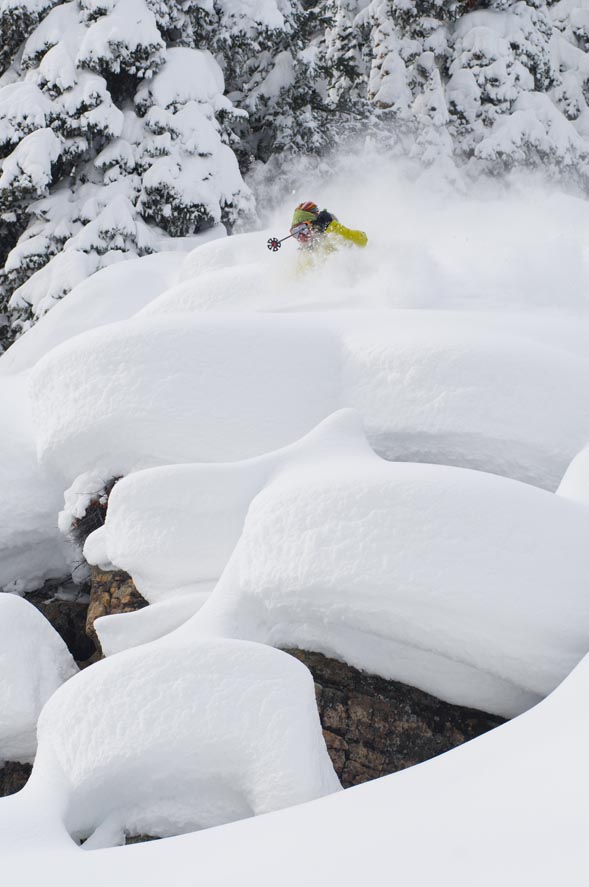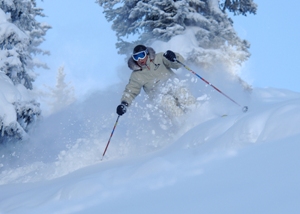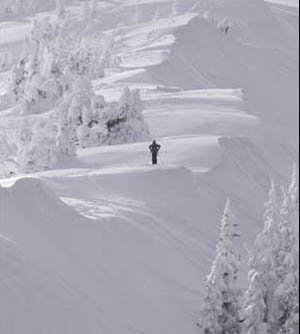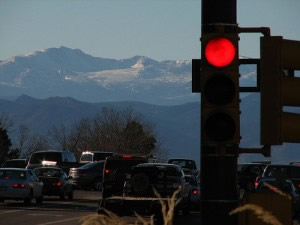
Courtesy of Flickr/jeco
- Recent town of Vail community survey identifies parking as top issue for townies
- Vail Christian High School board buys back bonds, rescues next school year
- Vail Resorts to host Lindsey Vonn celebration in Vail Wednesday, March 31
- Vail Resorts Epic Pass, Summit Pass available through November 30, 2009
- 9 candidates, including 3 incumbents, running for 4 Vail Town Council seats Nov. 3
- Nominating petitions for four open Vail Town Council seats available Sept. 14
- Eagle County commissioners to vote Tuesday on temporary marijuana dispensary regulations
- Vail Town Council rejects ballot question to change council terms
- Polis defends health-care reform at packed town hall in Edwards
- Vail blaze illustrates need for defensible space, roadless rule changes, state says
- All Real News Articles
February 6, 2009 — Road rage is all the rage at the state Capitol these days, where lawmakers are waging a brutal battle over finding a permanent funding source to fix the state's crumbling roads and bridges.
After initially singing Kumbaya on a transportation funding bill that would raise vehicle registration fees to pay for road and bridge repairs, lawmakers went their partisan ways late Wednesday when the possibility of tolling on existing roads was reintroduced.
That prompted a Democrat-led state Senate vote of approval by a 19-16 mostly party-line margin late Wednesday, and a mass exodus by Republicans.
Earlier in the day, FASTER (Funding Advancement for Surface Transportation and Economic Recovery) looked like it would have at least some GOP support when a controversial Vehicle Mile Traveled (VMT) pilot program was dropped.
But Senate Bill 108’s sponsor, Sen. Dan Gibbs (D-Silverthorne), who last year led a protest on the Capitol steps against tolling on I-70, opted to put the possibility of tolling approved by local jurisdictions back into the bill.
“We feel like they’ve made a strategic decision to power this through,” Senate Minority Leader Josh Penry said in a Denver Post story late Wednesday. “In the end, this bill is substantially the same as when it was introduced.”
Gibbs told the Post it was time to get something done on transportation: “You get to a point where you have to move forward. We’re not waiting for the 11th hour.”
Gibbs did return a call to RealVail.com this week requesting comment, but he'll be at the Westside Cafe in West Vail at 9 a.m. Saturday, Feb. 7, with Vail's House District 56 Rep. Christine Scanlan (D-Dillon) to discuss FASTER and other pending legislation.
Now FASTER, which would raise registration fees $32 per vehicle this year (providing a little over $200 million) and $41 per vehicle in subsequent years -– raising around $250 million a year to fix deficient roads and bridges -– moves on to the House.
The bill also includes a $2 surcharge on rental cars, which that industry strongly objects to, but tolling will likely be the most hotly debated topic there as well.
Scanlan told RealVail.com on Tuesday that she has a problem with the concept.
“With the tolling, the local community would have the power of whether or not it would be something they’d be interested in pursuing,” Scanlan said. “As a rule, I don’t like tolling. It hurts our economy more than it helps any of our transportation needs.”
Gov. Bill Ritter met with House leadership Wednesday to help pave the way for SB 108, which he strongly supports.
“It will let us fix and maintain structurally deficient bridges and unsafe roadways, and it will put us on a long-term path toward a modern, 21st century transportation system that is supported by a sustainable funding stream,” Ritter said in a release Wednesday.
The most controversial of the alternative funding provisions initially in the bill was a voluntary pilot program called Vehicle Miles Transferred, or VMT, which would study an Oregon system in which drivers pay fees based on how many miles they drive rather than paying a tax on every gallon of gasoline they buy. The Senate killed the concept Wednesday.
VMT uses a GPS system to track the miles each participant drives, but some rural lawmakers say that would be unfair in areas where towns are much farther apart.
“Obviously folks in rural areas who travel long distances — and that’s most of my district — probably would not be really interested in that,” Scanlan said.
Sen. Al White, R-Hayden, whose district encompasses most of northwestern Colorado and includes Vail, agreed that the wide-open spaces of the Western Slope make VMT a nonstarter for his constituents, but he added there’s also something somewhat sinister about it.
“There is a concern about Big Brother knowing what the heck I’m up to, and that’s just a natural reaction to government looking over our shoulders –- particularly in the western part of the country,” said White, who ultimately voted against SB 108. “We tend to be a little more independent and like a lot less oversight than maybe others in other parts of the country.”
Back on the table after initially being stripped from the bill is the possibility of tolls being imposed on existing roads. That’s something most Western Slope lawmakers, including Gibbs, White and Scanlan, strongly objected to last year.
The previous state Legislature was roundly criticized for failing to come up with a transportation bill last session, making SB 108 a critical test for lawmakers this time around.
White, who sits on the Joint Budget Committee (JBC), said he would like the vehicle registration fee to come down some, but he acknowledged the need to find a permanent funding source given plummeting gas tax revenues. The state estimates it needs at least $500 million a year just to repair and maintain the current system of roads.
At some point White said it will be up to voters to find more money for the rest of the repairs and maintenance that gas taxes simply aren’t covering. This bill, he said, will likely just be a stopgap measure until the economy improves and voters are more willing to tax themselves.
“So ultimately to solve the problem we’re going to have to have the buy-in of the citizens who either do or don’t recognize the need for additional transportation funding and who either are or are not willing to fund it,” White said.
The state’s TABOR (Taxpayer Bill of Rights) law necessitates any sales or income tax increase going to a public vote, meaning fee increases are really the only tool available to lawmakers.
![]() Comment on "Gibbs' FASTER road-funding bill heads to state House after heated partisan debate in Senate" using the form below
Comment on "Gibbs' FASTER road-funding bill heads to state House after heated partisan debate in Senate" using the form below





